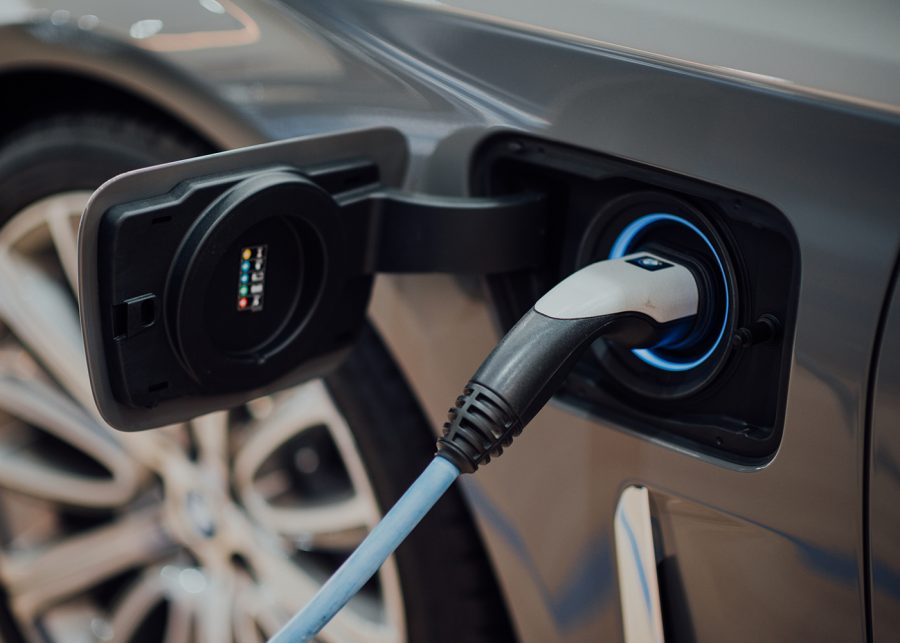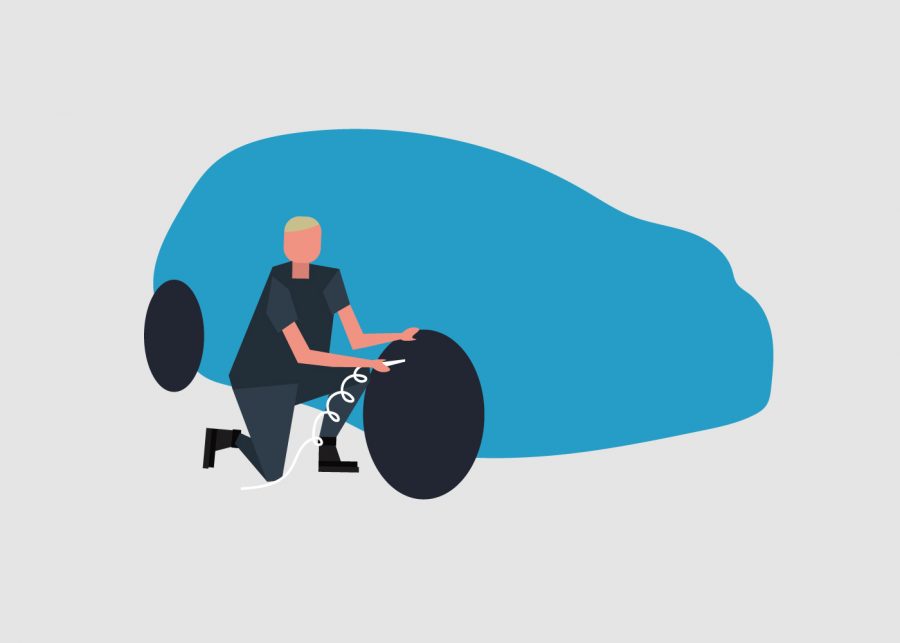
You’ve probably seen the pictures: clear Venice canals, wild animals roaming free in built-up cities, and Delhi’s air quality improving drastically since the outbreak began. But this begs the question: how can we minimise our impact on the environment even when we’re getting back to our normal routines? At Adrian Flux, we’ve outlined six driving-related ways to minimise your impact.
1. Choose a cleaner vehicle

No, we don’t mean one that’s cleaner on the outside, though, of course, that is always a plus. Think an electric or even a hydrogen-fuelled car. If you’re considering buying a car to reduce the number of hours spent on public transport, the best thing you can do is choose a vehicle that isn’t as polluting as the typical petrol or diesel affair.
With the 2035 petrol, diesel and hybrid car sales ban approaching fast, it makes sense at this pivotal moment to consider purchasing a greener vehicle.
2. Go on a staycation instead of travelling abroad
Travelling by aeroplane has one of the biggest impacts on your carbon footprint, so try to reduce these wherever possible. The current uncertainty with coronavirus can also be a good opportunity for you to explore areas of the UK you might not have seen before, whether it’s the Lake District, Norfolk Broads, or the White Cliffs of Dover.
Whichever vehicle you decide to bring, whether it’s a caravan, car or motorhome, this is a great way of restoring your summer to greatness. We’ll give you (imaginary) bonus points for using an electric or hydrogen vehicle for your journey, too!
3. Reduce air conditioning use

This might be a little tricky, especially during the hot summer months, but did you know that using your air conditioning can increase fuel consumption by up to 10%?
Winding down the windows is the next best solution, especially on city streets. Of course, where you’re driving will impact whether this is the best option. For example, if you’re driving on the motorway, using the AC is often actually the more fuel-efficient option. This is because rolling down your windows at higher speeds can cause drag, which can, in turn, reduce fuel efficiency way more than if you were to simply turn on the AC.
There are a number of things you can do to prevent your car from overheating when you’re out and about. For instance, park your car in the shade or use a reflective windscreen cover while you’re outside the car. This will help ensure that when you get back in your car, you aren’t met with an unbearable wave of heat!
4. Avoid excessive acceleration
Braking and accelerating cause you to use more fuel, so wherever possible it’s always best to drive smoothly. Of course, this might not be as easy in congested areas where stop-start traffic is the norm, such as London during rush hour.
An easy way of preventing excessive acceleration and braking is to anticipate what’s on the road ahead and avoid distractions. This will naturally prevent the need either to brake suddenly in order to prevent an accident or to accelerate suddenly in order to catch up with traffic.
Not only will this help reduce your fuel consumption and therefore the amount of CO2 produced, but your car will also thank you for it! Braking and accelerating suddenly can cause engine wear and tear. We also have a blog on other related tips for cutting fuel consumption you can check out.
5. Maintain your vehicle

There are a number of ways to maintain your vehicle to reduce your impact on the environment and improve your fuel efficiency. And these tips don’t just help reduce your carbon footprint; they also help to save you money on fuel!
Stick to tyre pressure guidelines
Simple things like under or over-inflating your tyres can actually have a negative impact on your fuel consumption, so it’s important that you stick to guidelines wherever possible and get your car checked by a professional fairly often.
Choose the right fuel
When you first purchased your car, the dealer might have recommended that you use a specific type of fuel (e.g. economy or premium). This is likely because that particular type of fuel is better for the car’s fuel economy or efficiency. As such, it’s always best to follow these guidelines.
Secure your fuel cap
Ensuring your petrol cap is on securely after a refuel is a simple but effective way of improving fuel efficiency. This is because it prevents oxygen getting into the tank, which can in turn cause more petrol to be burned than if there were a tight seal around the cap.
6. Offset your carbon emissions
Sometimes, travelling by car or another motorised vehicle is impossible to avoid. If you haven’t yet switched to an electric or hydrogen-fuelled car, there are thankfully ways you can offset your carbon footprint.
There are a number of CO2 emissions calculators online and a huge range of companies with the sole purpose of helping to offset carbon emissions. Whilst some news sites like the Guardian have reported that this has in fact proved to be a bit of a “minefield”, donating to UK-based companies like the Woodland Trust can be a great way of offsetting your emissions.
Make sure you’re prepared for your next trip
So there you have it: six tips for minimising your impact on the environment. Before you set off on an outing, make sure you’re properly prepared by taking out the right car insurance. At Adrian Flux, we’re specialists in finding cheap but tailored insurance for our customers. Whether you need electric car insurance, hydrogen and hybrid car insurance, classic or standard car insurance, speak to us on 0800 369 8590 for more information.